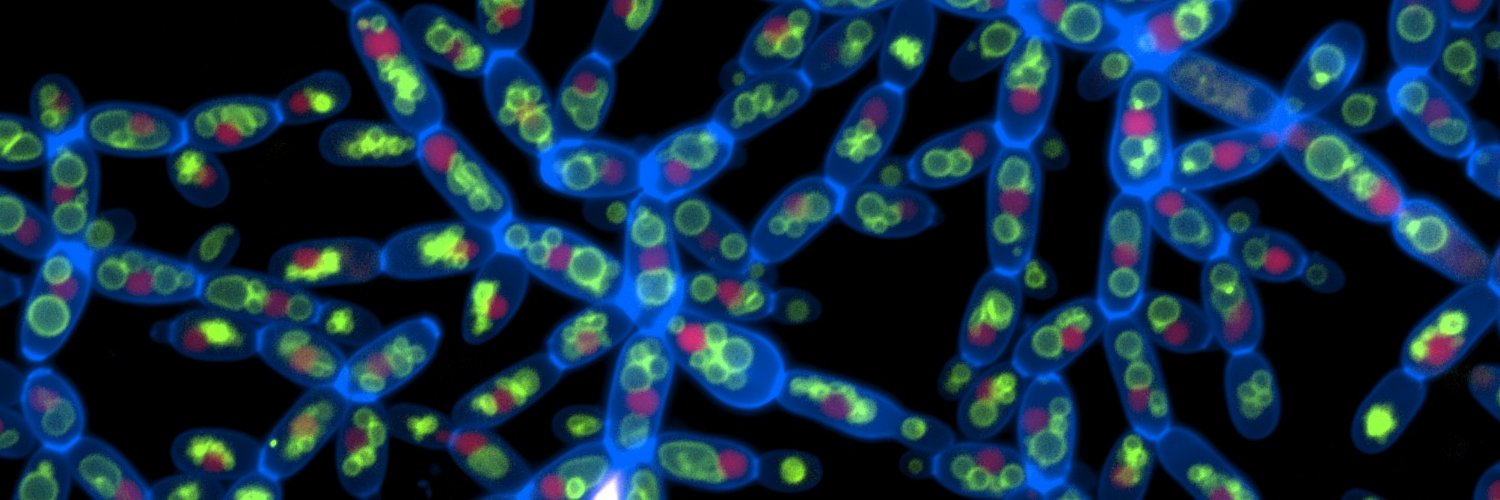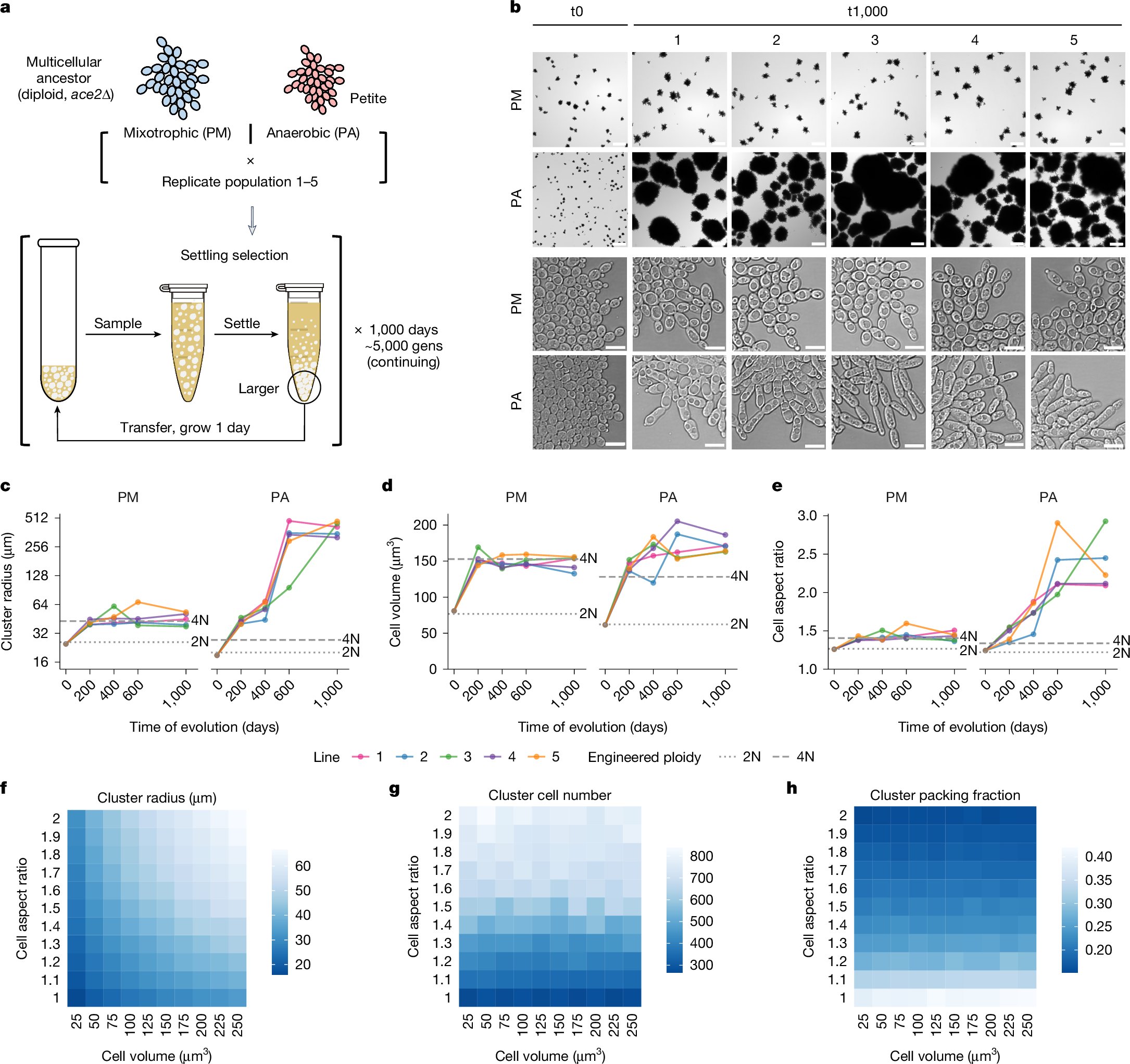
Will Ratcliff
@wc_ratcliff
Evolutionary biologist. Prof. at Georgia Tech & Director @QBioS_GT PhD program. NO LONGER ACTIVE HERE. @wcratcliff.bsky.social
I’m delighted that our paper on the Multicellularity Long Term Evolution Experiment (MuLTEE) has, at long last, been published. This paper establishes the foundations of what I’d like to work on for the rest of my career. 1/25 Free, full access link: rdcu.be/dbPA9

Scientists, is it even worth the effort to post here anymore? For comparison, my twitter post about two recent big papers got a whopping 5 likes. My post at the other place got a lot of community engagement. Either the community here is dead, or algo attention is pay to play.

When you're the size of a pencil tip, water can feel as viscous as jelly. To get out of this jam, unicellular stentors team up to vacuum in more prey. These 'Family Style' meals may have been a key early step towards multicellularity Latest for @nytimes: nytimes.com/2025/03/31/sci…
Exciting news! @wc_ratcliff and I published an essay last week in @Nature reviewing the substantial contributions of 'long-term' studies to evolutionary biology nature.com/articles/s4158… 1/n
Here's my interview with @stevenstrogatz on @QuantaMagazine's Joy of Why podcast. This was *so much fun*. I was nervous going into it (I really look up to Steve!), but I had a blast and I think this is the best interview I've ever done. Thanks for having me on, folks!
In the history of evolution, multicellularity has evolved independently at least 50 times. But we’ve only figured that out in the past few decades. Listen to the first episode of the new season of “The Joy of Why” with co-hosts @stevenstrogatz and @JannaLevin.…
Great to see the impressive work of my colleagues @wc_ratcliff @jamesTstroud and others to understand the evolution of multicellular life featured on the cover of @Nature
New major paper from our lab: nature.com/articles/s4158… Interested in learning more? Come read about it at BlueSky, the new home of science twitter. Deep dive here: bsky.app/profile/wcratc… Huge thanks to @NIH and @HFSP for supporting this work!

Fun discussion, thanks @DubladJitender!
Hi everyone. Here's my conversation with William Ratcliff (@wc_ratcliff) and Michael Levin (@drmichaellevin). We discuss how cells cooperate, evolve, and contribute to life's diversity. Topics include the evolution of multicellularity, the role of bioelectricity in evolution, and…
When I'm writing a grant, first thing I do when I wake up is read the whole draft, top to bottom. Morning brain is by far the most attentive and capable of reading it like my referees will (i.e., seeing it with fresh eyes, not taking the shortcut of filling in the details).
I still do this most days and I think it works great. My morning brain (right after 1hr exercise and 1 coffee) is quite eager to work and I go directly to the one top priority item. The energy decreases over time and with every distracting item loaded into the context window.
I read Parable of the Sower over break. Brilliant book, but wild to see this come full circle in such short order
The worst of humanity #eatonfire #PalisadesFire
I checked out one of these cited papers at random, and the abstract reads like a textbook example of GPT-isms. "by delving deeper into this multifaceted and intricate phenomenon..."
2025 resolution: get more citations at any cost Next paper: (via Philip Cohen. The culprit paper: mpra.ub.uni-muenchen.de/122925/)
Two stages of evolution... @GrantKinsler @gsherloc @PetrovADmitri use #ExperimentalEvolution in yeast to show that while 1st-step mutants appear pleiotropic in nature, 2nd-step mutations show a shift towards modular adaptation #PLOSBiology plos.io/4glXoXJ